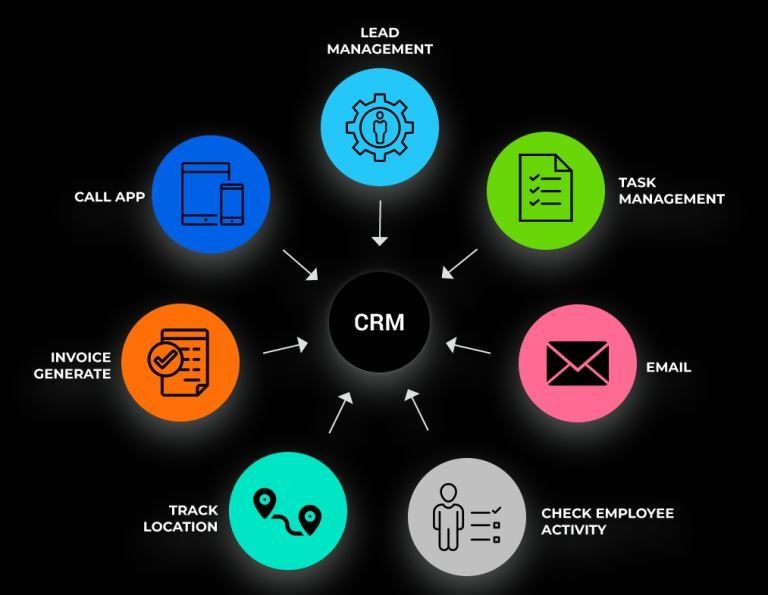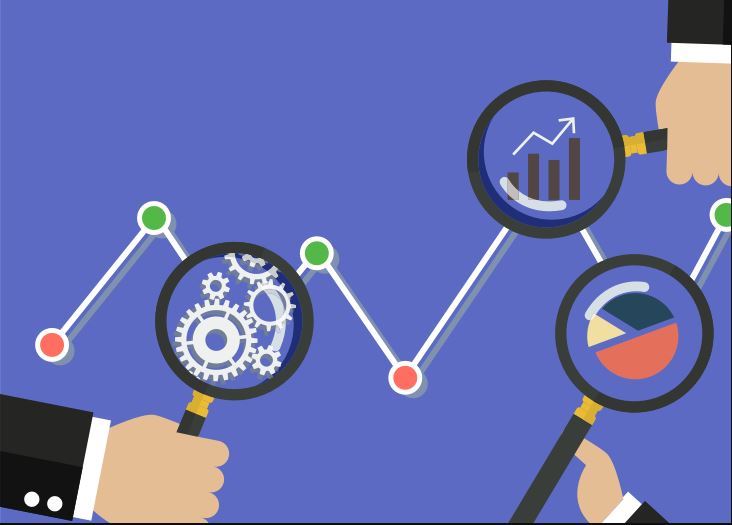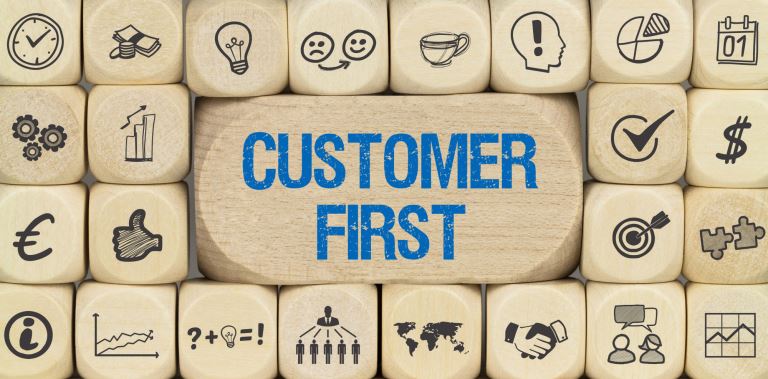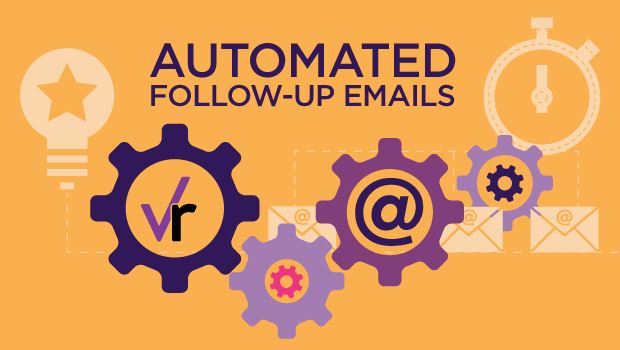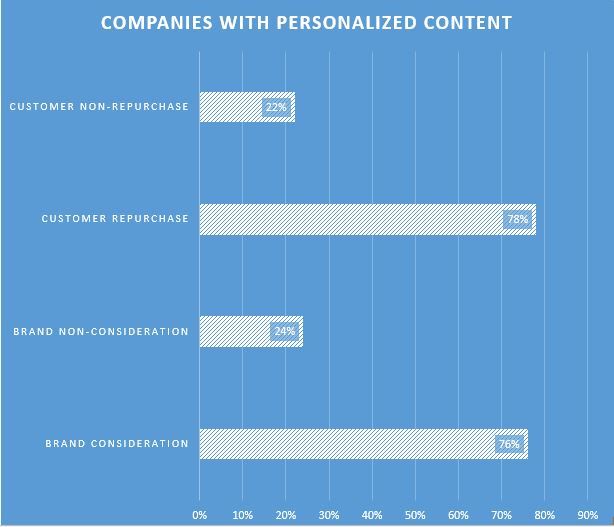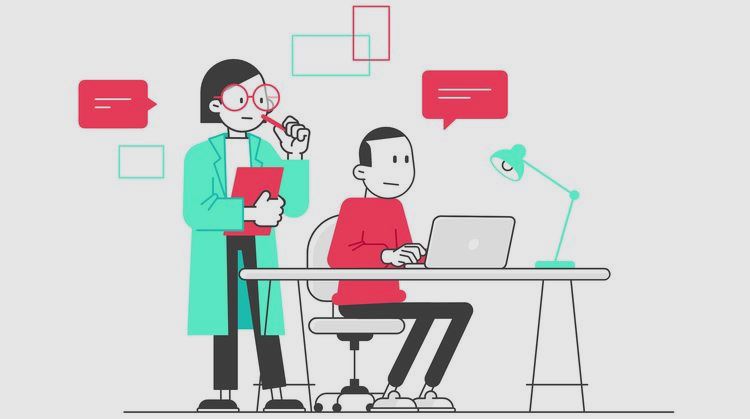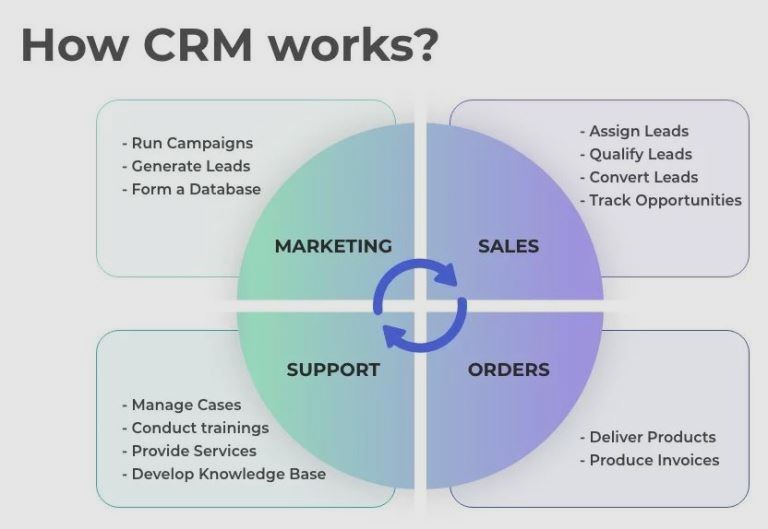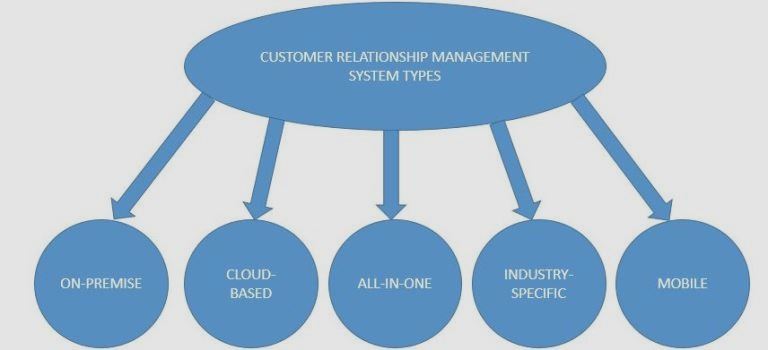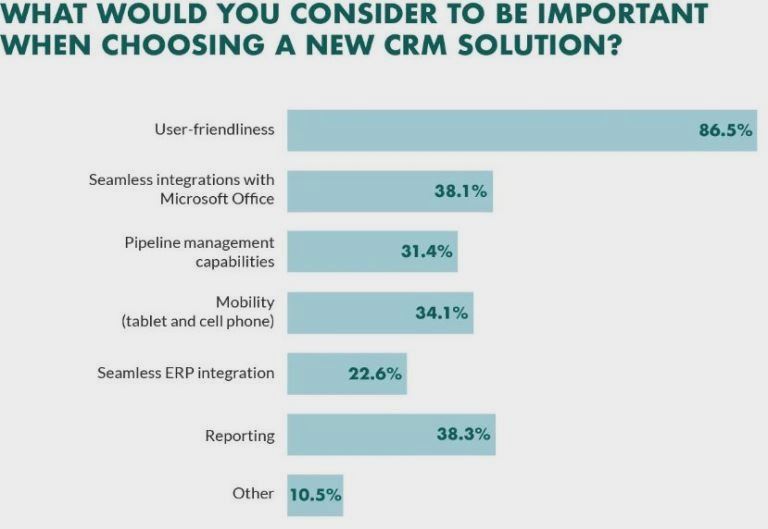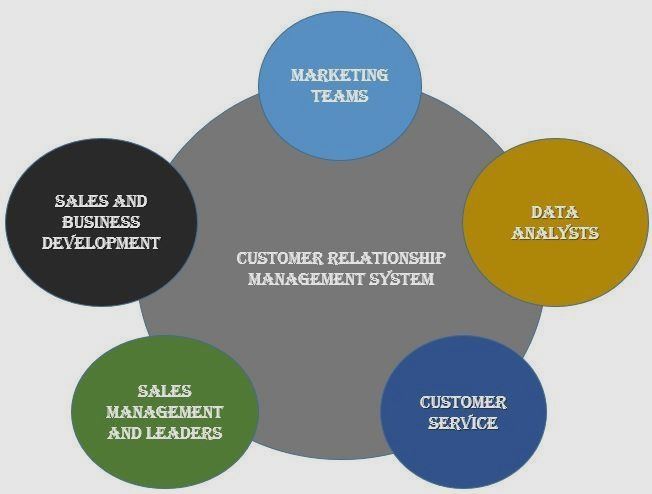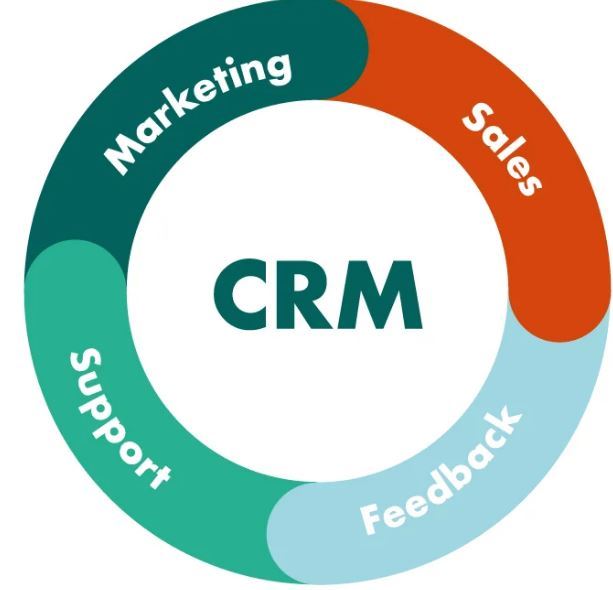
How can CRM Software help boost your sales and profits?
pThe introduction of the internet brought a wave of new marketing platforms to help organizations create manage and track customer relationships in the form of customer relationship management CRM software which ensured businesses engaged effectively
The traditional process of managing and tracking customer relationships not only involved a lot of manual work, but also meant that the information was not properly distributed across the business leading to missed business opportunities.
The introduction of the internet brought a wave of new marketing platforms to help organizations create, manage and track customer relationships in the form of customer relationship management (CRM) software which ensured businesses engaged effectively with their clients by storing all customer interactions across your different departments in one central place.
This article will help you understand how Investing in a good CRM system can help you increase sales, grow your client base and improve customer services as long as you plan your customer relationship management(CRM) system implementation carefully, from scoping to customization.
How can CRM Software help boost your sales and profits?
A CRM system amplifies your sales and marketing, without building huge teams or blowing your advertising budget. If your CRM is combined with sales and marketing automation, you can create a sales and marketing engine that takes sales to a whole new level.
The software does this by;
Offering greater visibility
A CRM provides the visibility that your sales team needs to be most effective by having all lead and customer data in one place to facilitate easy handoffs between teammates.
A sales rep can see exactly what a lead has done, which allows them to personalize their conversation and encourage the appropriate next step e.g. you might see that a customer has watched your overview video and checked out your case studies. When speaking with them, you can encourage them to sign up for a webinar or consultation to learn more.
Greater visibility is also available to sales management as sales managers can easily track individual sales rep activities and performance as well as monitor the entire sales pipeline.
Clear prioritization
The system helps the sales team prioritize their outreach efforts through lead scoring, which calculates a lead's interest in your product or service. This enables leads with the highest lead scores to be pushed to the top of the sales team's tasks.
Your CRM can also prioritize outreach to customers e.g. clients with approaching contract renewal dates and customers who are likely to be interested in a new product can be flagged for sales team follow-up.
Better follow-up
Better follow-up (and more sales) is made possible with a CRM by automating follow-up with leads and clients, removing the need to manage sticky notes on your workspace, or ‘copying and pasting' the same email to every new lead. Your system will initiate follow-up at the right times, creating a consistent customer journey and converting more leads into clients.
Providing insights
With data consolidated in a CRM, it's possible to analyze patterns and find insights that lead to greater profitability e.g. a business can evaluate what characteristics are common in their ideal customers with the largest lifetime value allowing you to spend your advertising budget more efficiently and prevent budget going to leads that are least likely to be interested in your product or service.
Insights from your data can also help you increase revenue e.g. after identifying common purchase combinations, one can create packages or bundles to increase sales.
Segmentation/personalization
The CRM system makes sending the right message to the right person at the right time a reality. Connecting your system to a sales and marketing automation tool also allows you to send emails and text messages based on a customer's recent actions.
According to a study by McKinsey, personalization offers a huge advantage in winning more business. 76% of consumers say that personalization prompted consideration of a brand and 78% say that personalized content made them more likely to repurchase.
Testing for improvement
Testing is the main key to improving your marketing strategy. A robust marketing CRM system allows you to test just about anything you can dream up e.g. different promotions, text messages, ads, how frequently to call a lead, etc. Instead of going just on your gut, data from testing proves which option is most effective in driving maximum profitability.
How do CRM Systems Work?
Regardless of whether you're a small business looking for a place to store information and have it accessible across multiple devices, or you're a large business wishing to manage customer interactions and focus on improving customer satisfaction, eventually, you're going to need a CRM system.
CRM software helps businesses understand and address customer needs better by centralizing all their interactions and data from across different channels and departments. They provide a wide range of tools to sales and marketing teams to streamline and optimize the entire sales cycle from lead generation to post-sales support. Combining this with powerful automation, in-depth analytics and reporting as well as robust AI capabilities, a great CRM system can help you deliver great customer experiences across different channels and consistently drive growth.
What types of CRM systems are available?
Even-though many benefits may apply on some level to just about any CRM, customer relationship management includes a large category of tools. Many different CRM products vary in terms of features and focus, and they can be divided into five main categories.
- On-premise CRM- This is a CRM software whose infrastructure, hardware, operating system, and complimentary software are located at the client's premises. This usually means that maintenance, repairs, updates, and upgrades must be carried out by your own IT staff. The main benefit of this type of CRM is that they are usually fully customized for a company
- Cloud-based CRM- This software depends more on an internet connection than on downloading software on-premise, that is, it is a cloud computing setup. The main benefit is that it's easier to set up and learn how to use, and requires very little-to-no servicing.
- Industry-specific CRM- These systems offer niche and specialized features and are designed with a specific industry's business needs in mind. They usually have processes and ready-made tools that need minor customizations.
- All-in-one CRM- They provide numerous functions that allow businesses to track and manage customer interactions with the help of various in-built features. The CRM includes many integrated functions that allow businesses to develop relationships with their customers and address their customers' needs.
- Mobile CRM- They deliver a full CRM experience on smartphones, tablets, and other internet-enabled devices. They make it possible for sales, marketing, and customer service teams to access and manage key information in real-time
How do you choose a CRM system for your business?
You may be sure your business needs a CRM, but you're still in the research phase, understanding the differences between the five types of CRM systems available is an important part of the process. There is a fair amount of overlap between the five types of customer relationship management systems, each one tends to focus on particular functions and features.
When choosing the right system for your business, you should consider the following different factors;
- User experience- A system that offers a clean interface, great user experience, and is easy to use with a low learning curve
- Scalability- Choose a system that has the tools you need to manage your current operations but is also capable of scaling up as needed
- Customization– The system should support customization to accommodate your needs and reflect your business processes
- Mobility- If your team is always on the move, then a CRM with powerful mobile capabilities is a powerful asset for your business
Who uses CRM Software?
A customer relationship management system acts as the central hub for your business allowing users from different departments to leverage contextual data to better serve your customers.
These may include but are not limited to:
- Marketing teams
- Sales and business development teams
- Sales managers and leaders
- Data analysts
- Customer service teams
Conclusion
Even though this list is not exhaustive, it offers a glimpse into how a CRM system can help you grow your sales. Knowing who your customers are, what they like, understanding their behavioral patterns can help engage customers better, which ultimately improves sales. Adopting a customer relationship management solution allows you to accomplish this by giving you complete access to the customer's data anytime so you can make informed decisions. It's never too late to make that switch.
